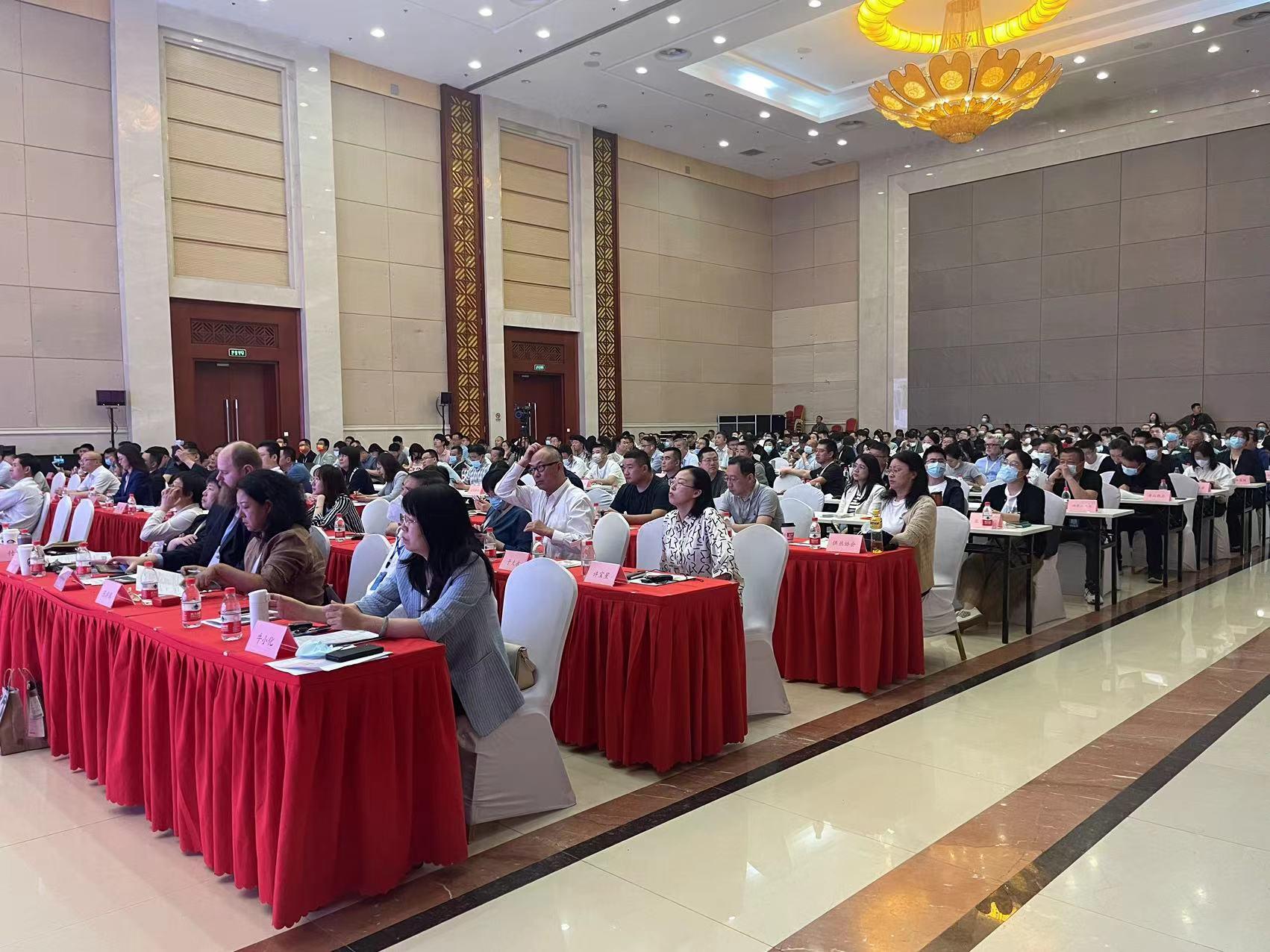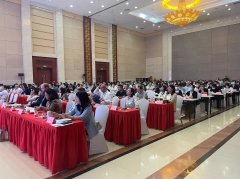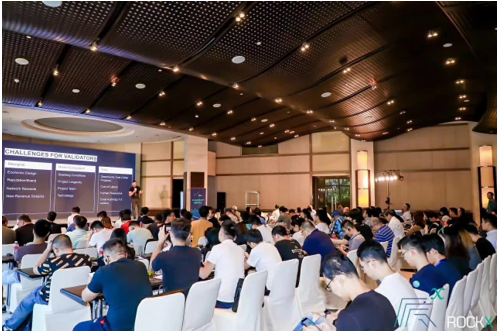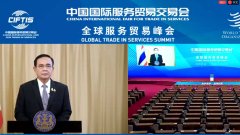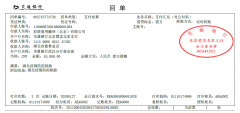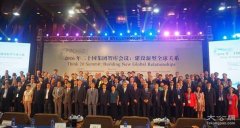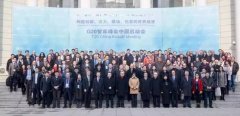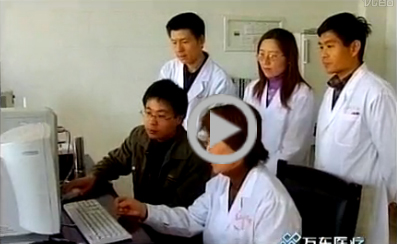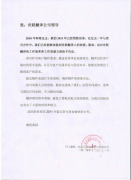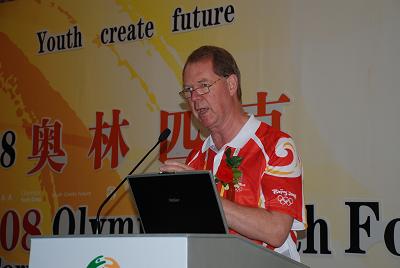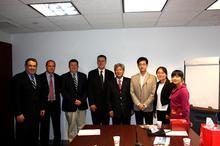译员在口译时没有听懂该怎么办?
时间:2021-08-04 10:57 来源:未知 作者:youhuayuan 点击:次
口译接触的领域非常广泛,因此译员在工作中可能会出现听不懂的情况,下面世联翻译公司给大家分享译员在口译时没有听懂该怎么办? The field of interpretation contact is very wide, so the interpreter may not understand in his work. Next, WorldUnion translation company will share with you what to do if the interpreter does not understand in interpretation? 1、问 1. Ask 口译员可以问讲话人,也可以问对方的口译员或是在场的其他人。但是至于问谁会比较合适,要看具体情况。如果是讲话人说了一件令人摸不着头脑的事情,这恐怕就只能问讲话人了。如果只是一个技术性的词汇,问在场的专家就比较合适了。另外,口译员开口时,在场的人都会把注意力转到口译员这里,此时,只要抬起头来,眼中显露出询问的目光,马上就会有人替你解围的。 The interpreter can ask the speaker, the interpreter of the other party or other people present. But as for who would be more appropriate, it depends on the specific situation. If the speaker says something that makes people confused, I'm afraid we can only ask the speaker. If it's just a technical word, it's more appropriate to ask the experts present. In addition, when the interpreter opens his mouth, everyone present will turn their attention to the interpreter. At this time, as long as you look up and have an inquiring look in your eyes, someone will help you out immediately. 但是,遇到以下几种情况时,口译员是不能够询问的。 However, in the following cases, the interpreter cannot ask. (1)口译员没有抓住讲话人的准确用词时; (1) When the interpreter fails to grasp the speaker's exact words; (2)口译员与演讲者同站台上时; (2) When the interpreter and the speaker are on the same platform; (3)口译员多次进行询问时; (3) When the interpreter makes multiple inquiries; (4)口译员询问,却没有听懂演讲者解释时。 (4) When the interpreter asks but fails to understand the speaker's explanation. 2、补 2. Supplement 如果没有办法问的话,就必须要走下一步了,就是根据上下文和自己的理解补齐原话的句子或意思。这种情况下,虽然译文会与原话有所不同,但是不会出现大的错误,可以保持讲话者的演讲继续。具体怎么补,需要根据当时的情况灵活的处理。这里提供几个口译员常用的补话表达法:这一点、这些、等等、这一点很重要、这方面的问题。 If there is no way to ask, you must take the next step, that is, to supplement the original sentence or meaning according to the context and your own understanding. In this case, although the translation will be different from the original, there will be no major errors, and the speaker's speech can continue. How to supplement it needs to be handled flexibly according to the situation at that time. Here are some complementary expressions commonly used by interpreters: this, these, etc., this is very important, this problem. 3、扔 3. Throw 如果连“补”都有困难的话,就只好走最后一步了——“扔”,也就是没听懂的地方干脆不翻译。这是在既无法问,又补不出来,或因为吃不准、不敢补的情况下口译员的无奈之法。因为,如果口译员卡住了的话,整个活动也就会卡住,为了活动的正常运行,所以没有其他的选择了,只能扔掉没听懂的内容,继续翻译下去! If you have difficulty in "filling", you have to take the last step - "throwing", that is, you don't translate what you don't understand. This is the interpreter's helpless method when he can't ask, can't make up, or can't make up because he can't eat or dare not make up. Because if the interpreter gets stuck, the whole activity will get stuck. For the normal operation of the activity, there is no other choice but to throw away the incomprehensible content and continue the translation!
|






